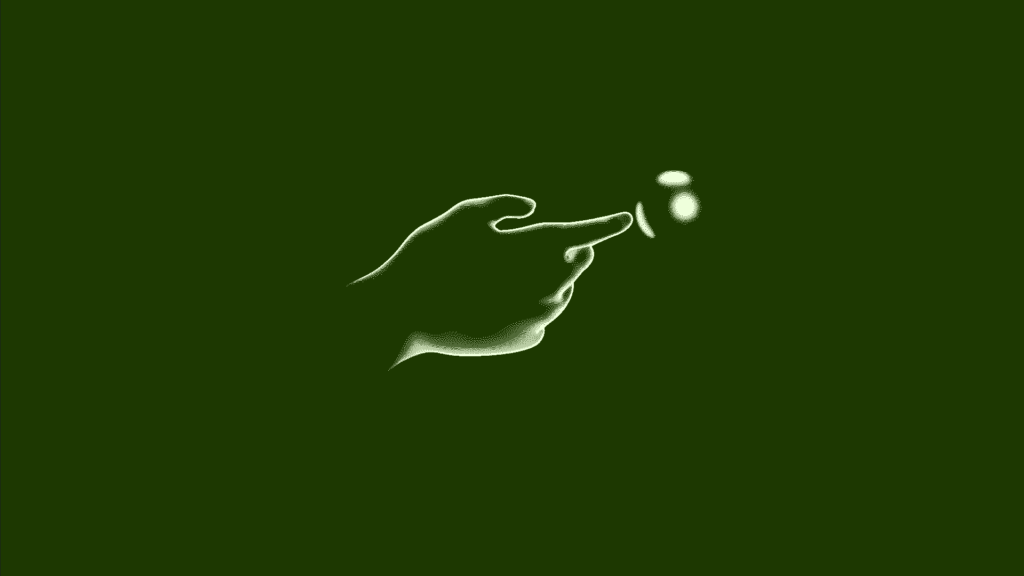
Andrew Schneider
You affect others’ experience. Just by existing. If anyone has ever interacted with anything that you have ever made – you are a curator of experience. Curation means to care for. And all experience is time-based. From theaters to art installations to mobile apps to VR to games to thought experiments to fMRI procedures to elevators. You are an experience-designer. This is a class for experience-designers.
If the world were clear, art would not exist. Time-based art and “theater” more specifically is a perfect manipulator of experience. Many creators of time-based art look for the “universal.” What happens in the minds of all truly happens. How can we use art to make our brains experience the same things? What behind-the-scenes work can we employ to manipulate experience? Film scoring works on us in ways we don’t perceive in the moment. Can we pay closer attention to this when making work? Sometimes what we have for lunch affects our experience of art more than the hours of labor that went into the most miniscule of decisions when making that art. Show don’t tell. How does the play take place in the room in front of us? How can public performance not be awkward? How do we experience a performance rather than watch it.
Goals:
Identify the reality / micro realities of your surroundings. Use what you identify to aid in curation of emotion with or without narrative (i.e. “art”)
Format:
Workshop / Laboratory / Post-mort. Students will be expected to make. Rapid prototyping and releasing early and often will become mantras for breathing life into performance ideas. How do we show not tell? How do we use science as a blueprint for staging? How do literal experiments become curated experiences for others? We will research. We will make. We will critique what we make. We will make again.